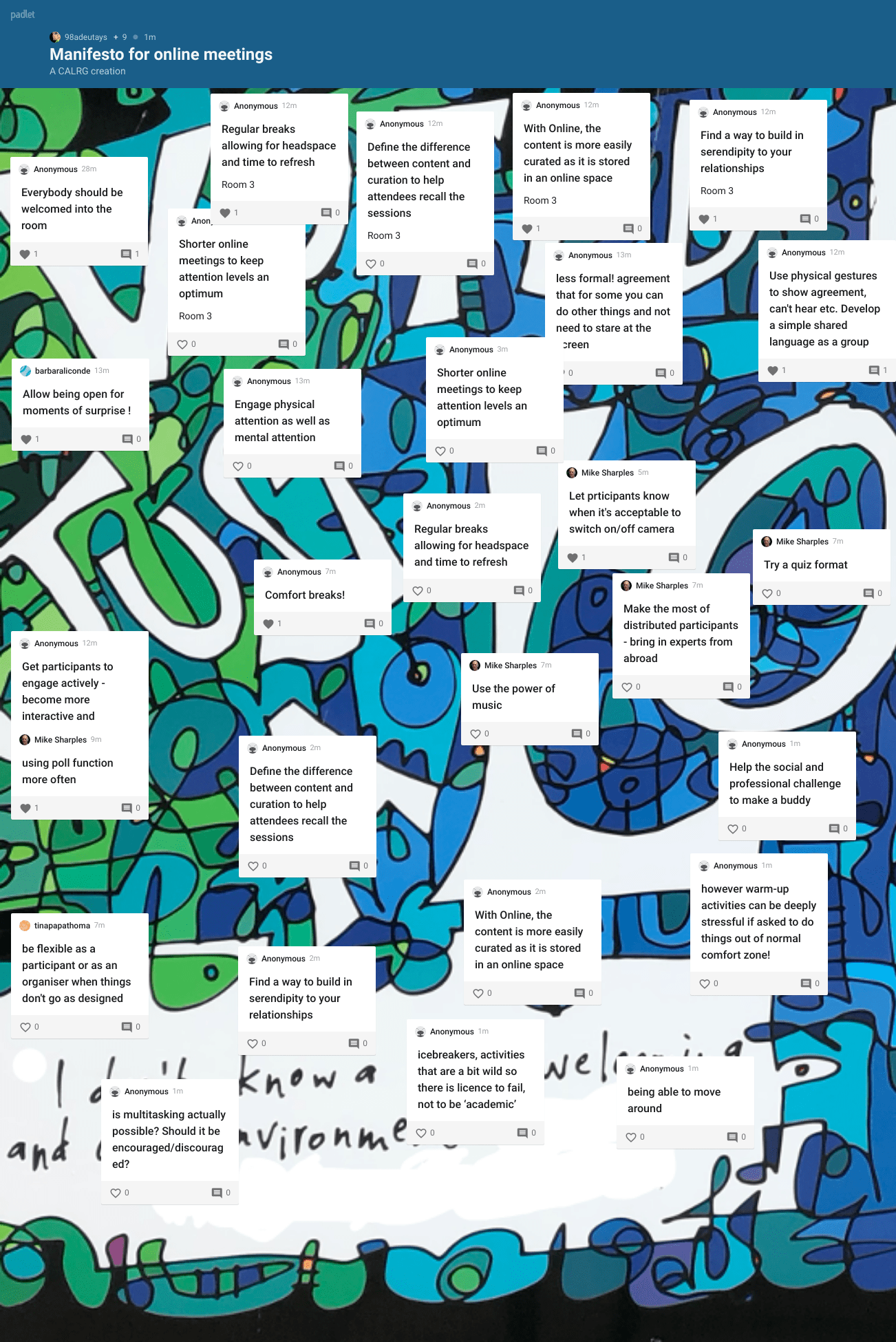Day 2: Wednesday 16 June 2021, 9.40 – 10.45
- Language Learners’ Characteristics and Behavioral Patterns in LMOOCs: The Case of Learn Turkish LMOOC
- Supporting teachers’ adoption of learning analytics dashboards through design-based research: Insights from two institutions
- Predicting drop-out in Toastmasters; scoping out the application of learning analytics to support professional education.
Scroll down for abstract
Language Learners’ Characteristics and Behavioral Patterns in LMOOCs: The Case of Learn Turkish LMOOC
Hilal Seda Yildiz, Bart Rienties and Tevfik Volkan Yuzer
In this two-stage exploratory research, we determined the characteristics of nearly 11,000 learners in a Turkish Language MOOC (LMOOC) and whether their engagement differs according to these characteristics, and also we unveiled which variables are caused these differences. The findings of this study can help researchers and designers to re-think learning design, learner support, and overall learner experience in LMOOCS.
Within the scope of the first study, we discovered learners’ demographics (age, gender, employment status, education level), language-related skills (online course experience and Turkish language level), and online learning environment engagement (watching videos, participating in short exams and module activities). We conducted Exploratory Data Analysis (EDA) procedures for the exploration purpose then visualised the findings. One of the interesting results we achieved as a result of EDA is that more than half of the learners are Syrian citizens, and half of them are men living in Turkey. More than half of the learners are at the undergraduate and above educational level as well as their online learning experience and their prior level in the Turkish language are low. When we explored learners’ engagement on grammar tutorials and drama videos investigated, we saw that the tutorials were preferred more, and also video and visual activities were preferred more than the activities with text and keyboard input.
In the second study, we investigated learner subgroups in terms of their demographics, language-related skills (and online learning environment engagement. At this stage, the TwoStep clustering algorithm was used to include all categorical and continuous variables in the analysis. As a result of the analysis, five different subgroups emerged. These groups are named as (I) the highest engagement and diversity, (II) low engagement and non-online learning, (III) online learner and high engagement, (IV) adult and professional, (V) young and student. A two-stage approach has been adopted to validate the cluster analysis results. After the validation phase, we saw that online course experience and education level are the variables with the highest discrimination rate. These two variables are followed by age, quiz attendance, additional activity attendance and the video watching frequency, respectively.
Supporting teachers’ adoption of learning analytics dashboards through design-based research: Insights from two institutions
Anna Gillespie and Rogers Kaliisa
While teachers are considered as the key users of learning analytics (LA), best practice examples that involve teachers in the development of relevant LA interventions, (e.g. dashboards) remain limited. In this paper, we present insights from two on-going doctoral projects that seek to develop and implement teacher-facing LA dashboards using design-based approaches that involve teachers as co-designers. The first project is based at the Open University (OU) in the United Kingdom and is focused on the use of the Early Alert Indicators dashboard (EAI) that provides predictions about students’ learning activities. The second project is at the University of Oslo in Norway, developing a teacher-facing dashboard (CADA) aimed at providing teachers with real-time insights about students’ participation and discourse in online discussions. Based on experiences gained through qualitative analysis of user-experiences, observation reports, and eye-tracking, preliminary findings from both cases suggest promises and challenges. Teachers reported the usefulness of LA dashboards as valuable tools to support individualised-interventions, enhanced their existing teaching skills, and timely learning-design changes. The involvement of teachers in the design and co-design process was highlighted as useful in connecting dashboards and teachers’ pedagogical intentions. However, it was evident across the two case studies that systematic use of LA dashboards by teachers remains problematic, with teachers using dashboards erroneously and having challenges to understand the visualisations. Moreover, ethical issues, and limited support from management were cited as key concerns. The two cases provide guidelines and implications for teachers, researchers and technology developers concerning advancing the use and development of LA dashboards.
Predicting drop-out in Toastmasters; scoping out the application of learning analytics to support professional education.
Selina Griffin
After my first year of my EdD at the OU, I am keen to share some of the findings of my preliminary literature review on learning analytics and how such practices could be applied to alternative contexts.
The use of learning analytics to build predictive models identifying students who might be at risk of failing or dropping out of their studies is becoming more common (to different degrees) in higher education. In the realm of professional education, focussed on skills rather than knowledge-based education, the practice is still relatively unheard of. My research is based in the realm of Toastmasters International (TMI); a global public speaking organisation of over 300,000 Members. Members attend local Club meetings where they give speeches and take on roles in order to progress through the educational programme in public speaking and leadership skills. TMI have recently developed Pathways; a complete overhaul of their educational programme (largely unaltered in over 50 years) which also for the first time moves materials from paper-based to a Learning Management System (LMS). My research seeks to examine these developments and then look to the field of learning analytics to see whether such techniques could be adapted to the field of professional skills training, examining behaviour in the trace data to flag individuals at risk of dropping out of Toastmasters. For the first time in Toastmasters close to one-hundred-year history, Pathways creates a dataset whereby we can examine the behaviour and engagement of Members with the materials and look for early warning signs of disengagement.
